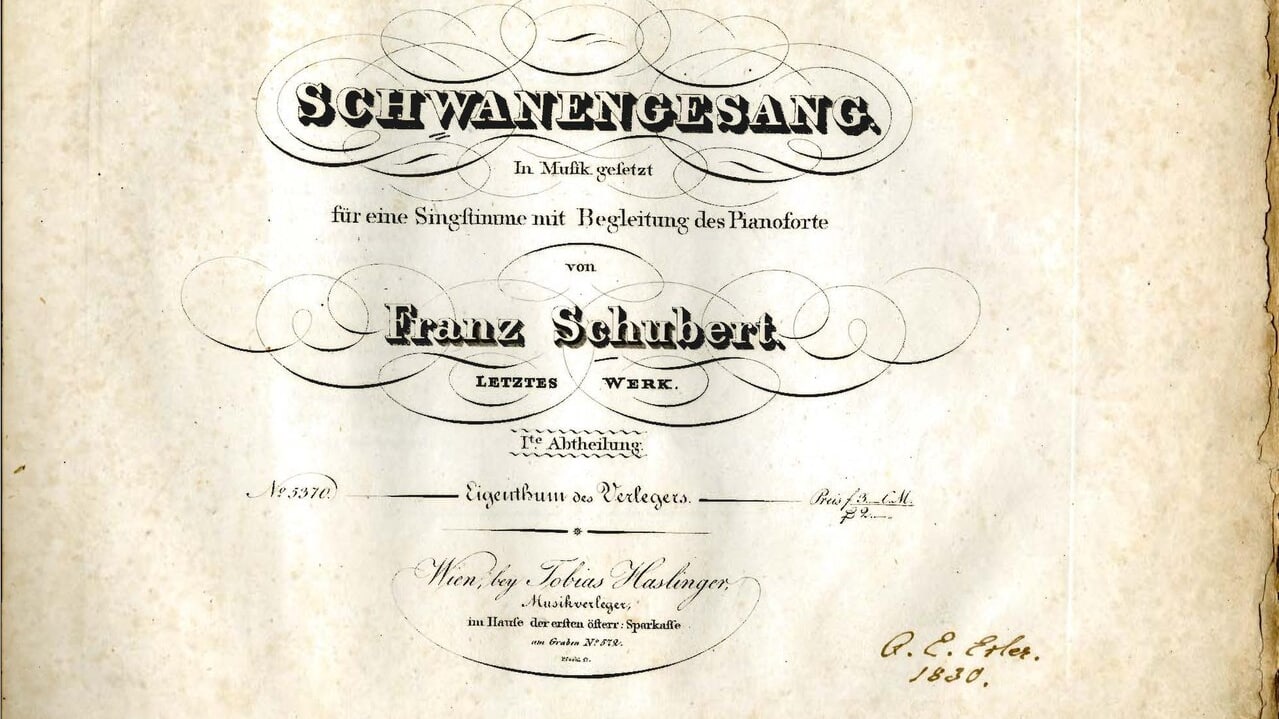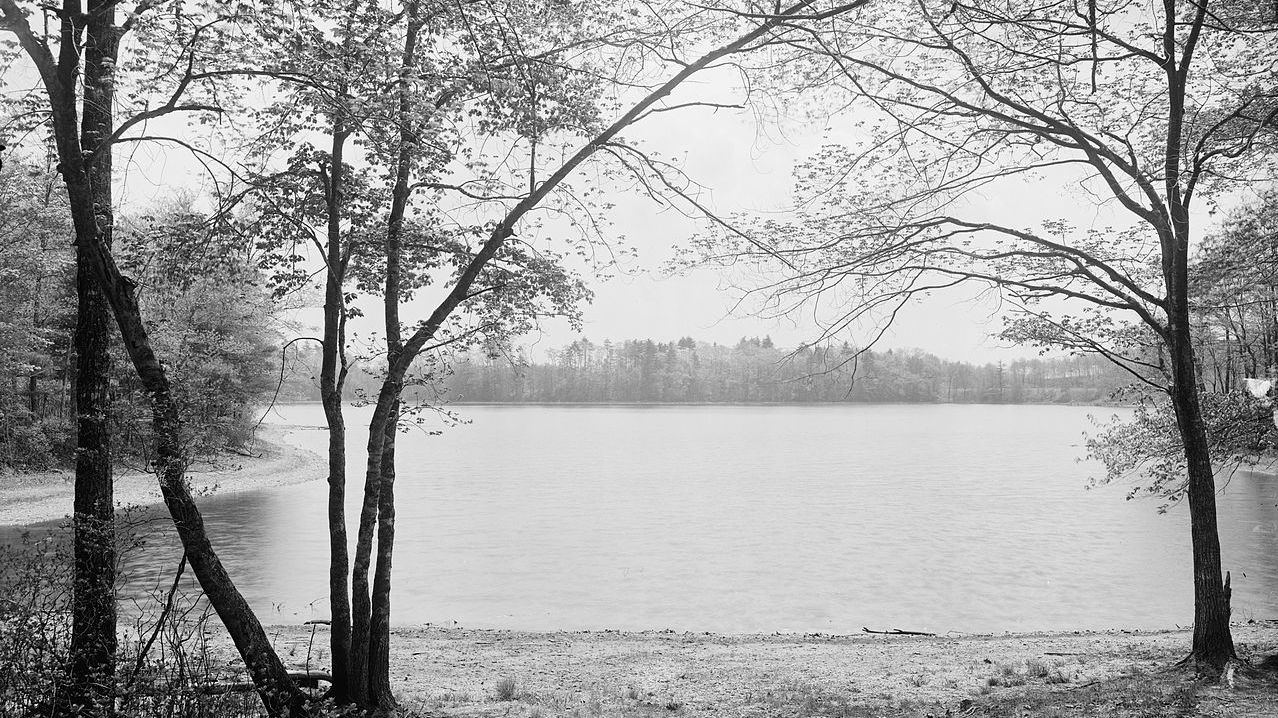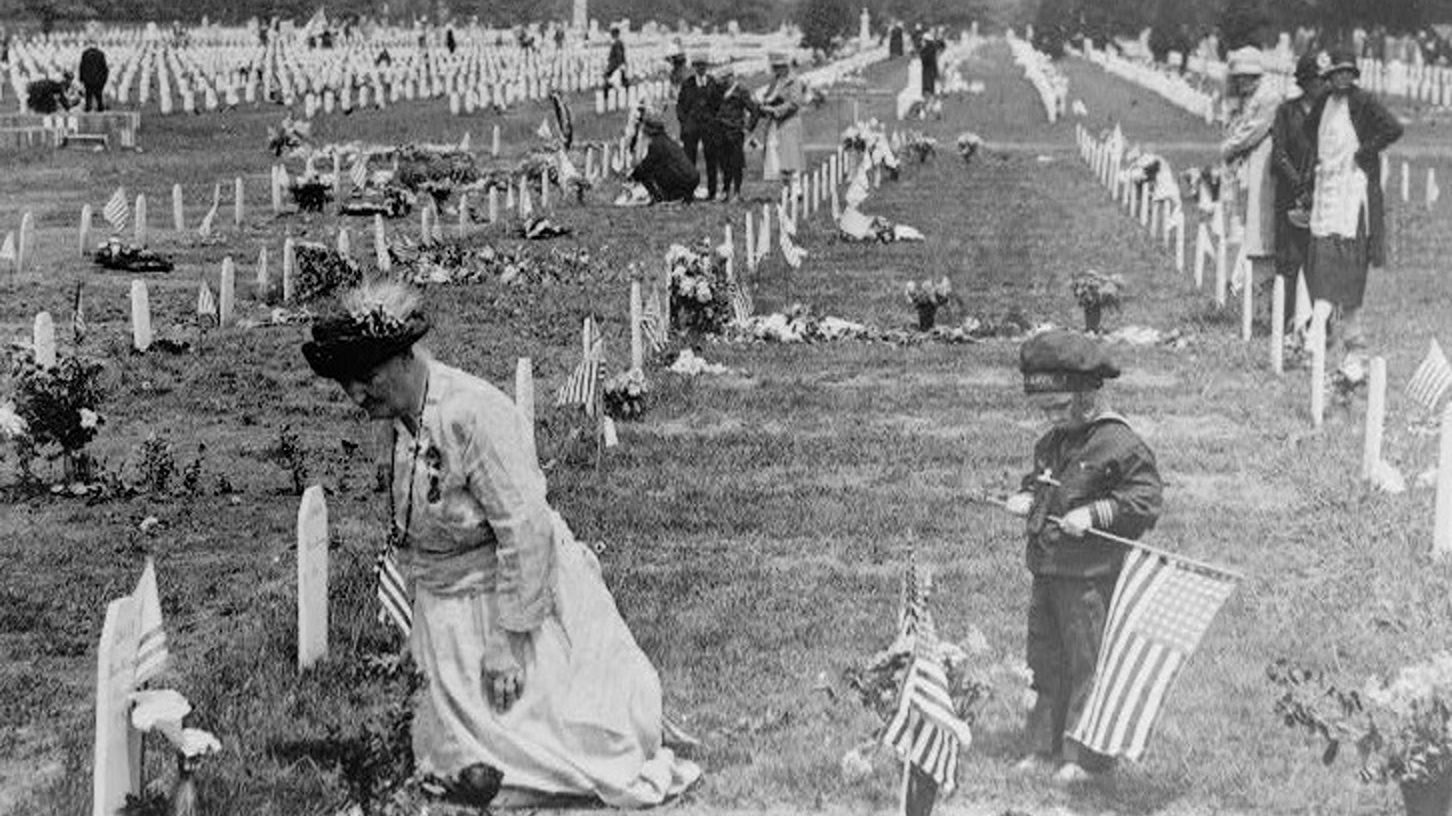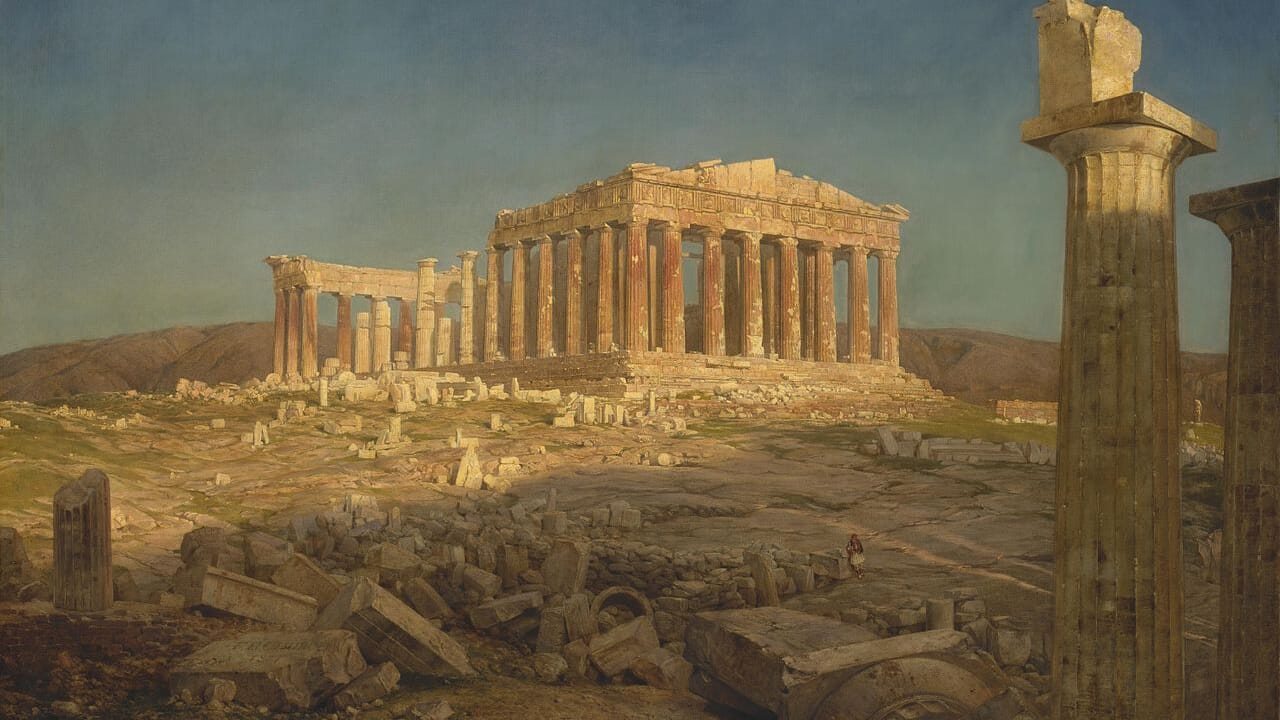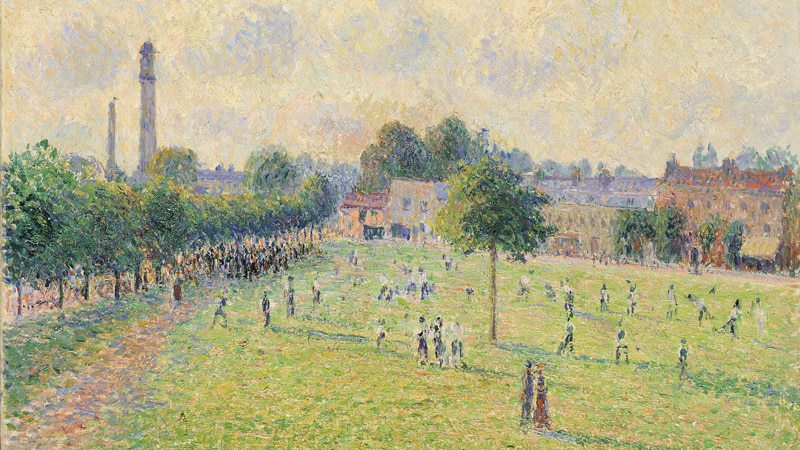Remembering Jubilant Sykes
American baritone Jubilant Sykes passed away on December 8 at the age of 71. He was the victim of an apparent domestic homicide. A classically trained, Grammy-nominated vocalist, Sykes drew on gospel, jazz and folk influences. He collaborated with a wide array of artists including: Julie Andrews, Renée Fleming, Josh Groban, and Brian Wilson, and appeared on “such diverse stages as the Metropolitan Opera, Carnegie Hall, Kennedy Center, Deutsche Oper Berlin, Arena …


